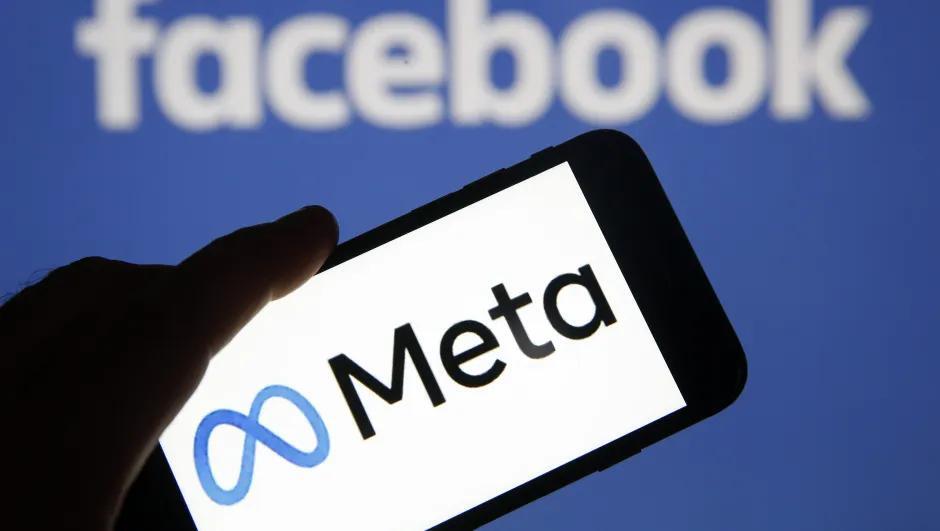Social Unpacked: How Meta’s shifting moderation policies could impact brand communications

Now, we all know that the ever-evolving social world changes day to day (minute to minute!) and alongside the fun TikTok trends that infiltrate culture and influencer hits and misses, it’s often the less-sexy platform updates that sometimes have the greatest impact on brand’s businesses and social media marketing efforts. This week, the industry’s topic du jour has been Zuckerberg’s announcement that Meta will end its fact-checking programme. The programme enlisted third-party fact-checkers to review and rate the accuracy of content; each time a piece of content is rated false, the distribution is reduced across Meta so fewer see it – to stop the spread of misinformation.
So, what exactly are the main changes?
Meta believes that their third-party moderators were too politically biased. Instead, Meta will be introducing a ‘Community Notes’ programme like that used by X. Community Notes empower the community to decide which posts are misleading and need extra context. They will be written and rated by contributing users and agreed on by users across a range of perspectives to ‘avoid bias’. Americans can sign up via Meta platforms to be among the first contributors of the program as and when it is rolled out over the coming months. Little more is known about exactly how it’ll work.
Furthermore, lifted restrictions on sensitive topics like immigration and gender identity will be removed to enable ‘free expression’ so expect to see more of these sorts of topics in the feed and although some auto-filters of content will remain, these will focus exclusively on illegal or high-severity violations. Lower severity violations will shift to community reporting.
When and where is this happening?
In the US, and imminently. There are no immediate plans to end third-party fact-checking or introduce community notes in the UK and EU as the new system will not comply with the EU’s Digital Services Act and the UK’s Online Safety Act, which require platforms to safeguard users from illicit content.
What is the direct impact of the changes on Meta users?
Simply speaking, the change towards community moderation could expose individuals to potentially harmful content and, with a pledge from Zuckerberg to prioritise civic content on the platform, there could be more political content in users’ feeds. Honestly, let’s not even get onto how the potential impact AI will have on these new regulations, given its increasing prominence in social content…
Why is the industry concerned about some of these changes?
In two words: brand reputation.
Firstly, there is a real risk that some branded content will start to appear next to posts that could be controversial, objectionable, harmful or political. This could happen whether a brand likes it or not based on relaxed content policies and higher visibility of civic content. Secondly, Community Notes will enable users to comment on branded content, fact-check it and add notes against it.
Is there any good in all of this?
Some thought leaders have argued that having a broader range of opinions and content on the platform will expose brands to new opinions and perspectives that they can use to their advantage, as well as inform their crisis response plans on a deeper level.
What should brand marketers consider for their strategies?
As this is currently only affecting Meta users in the US, for that market it’s a bit of a waiting game to see what impact the changes will have longer-term; however later this year, for brands in the UK, it may be wise to review the channels you prioritise based on potential reputational risks seen. In the shorter term, however, there are some things to start thinking proactively about:
- Stay close to brand conversations on Meta: to keep on top of reputation risks and react fast. Controlling information accuracy could become a challenge, with community-driven notes leading to inaccuracy or misleading content about the brand.
- Upskill your community management team and think about your engagement strategies: Community managers will need to be prepared to report content and add community notes featuring approved messaging if any brand misinformation is discovered.
- Ensure future brand content is transparent: be proactive and vigilant about making content clear, accurate and unambiguous in messaging, claims and content to ensure the official brand message comes through.
For now, brands in other markets need not worry. There is no known date for rollout of these changes beyond the US but being cognisant of this major change is key, as announcements often pop up unexpectedly.
Whether you see benefits in these Meta changes or not, it’s safe to say there is never a dull moment in the social media landscape. Who knows what we’ll be unpacking next week?
Authored by Sophie Novak | Brand and Social & Influence
